On the internet battlefield
Monday, 10.12.2012.
23:15

On the internet battlefield Lord Justice Leveson’s description of the internet as an ‘ethical vacuum’ is one of the few missteps in his massive report on the state of the British ‘press’, as we still Gutenbergishly call it. For the internet is not an ethical vacuum; it is an ethical battlefield. Across its vast virtual steppes there now rages one of the great power struggles of our time. The fate of authoritarian regimes such as China, and hence the future of freedom, will depend on the outcome. Against that backdrop, Britain’s little local battle over those bundles of folded paper that dwindling ranks of ageing persons buy from a quaint venue called a newsagent may appear something like an episode of Dad’s Army, a much-loved old British television comedy series set in the Second World War. But to see it this way (‘it’s all on the internet anyway’) is quite wrong. It also gives tabloid newspapers like Rupert Murdoch’s Sun a hypocritical excuse for continuing with their bad old ways. As Leveson notes, the Sun justified its publication of photos of Prince Harry’s naked cavorting in Las Vegas with the headline ‘HEIR IT IS! Pic of naked Harry you’ve already seen on the internet’, and then ‘WE FIGHT FOR PRESS FREEDOM’. Were there a Nobel Prize for humbug, it would be the Sun wot won it. In essence, the ethics of good journalism, and the practices of good independent self-regulation, both should and can be the same online as in print. After all, why should these words you are reading right now be weighed, checked or treated any differently just because of the material form in which you happen to be viewing them? Of course the internet has thrown up major new challenges. Some are being fought over this week at a so-called World Conference on International Telecommunications organised by the International Telecommunications Union, a UN body, in Dubai, part of the United Arab Emirates. That federation of Gulf emirates recently issued a decree making punishable by a minimum of three years’ imprisonment the use of a website or any other information technology medium ‘to deride or damage the reputation or stature of the state or any of its institutions,’ and those ‘institutions’ are held to include the rulers of the emirates, their crown princes and deputy rulers. So: just the place to hold a conference on regulating the internet. The big issue in Dubai is whether governments, including many authoritarian ones, will manage to grab more control over an internet which still bears generous traces of its American free speech origins. From many sides come attempts to make search engines such as Google, social networks such as Facebook and microblogging sites such as Twitter answerable as if they were publishers for what users – you, me, pseudonymous dissident, anonymous idiot and, most recently, the Pope (Twittername: @Pontifex) – post online. Standing firm against any more intrusive version of what is called ‘intermediary liability’ is vital to the future of global free speech. Then there is the matter of how individual bloggers and tweeters should be held responsible for rude, nasty, or inaccurate things they say in the heat of the tweet. The former treasurer of Britain’s Conservative Party, Lord McAlpine, who is currently going after hundreds of Twitter users for repeating an erroneous and defamatory suggestion that he was involved in the sexual abuse of children, is testing that one in English law. But beyond or beside the law, there is a host of questions about how we should choose to speak online, and how we should react to the stupidity of, for example, schoolboy racist tweets. These are genuinely new, complicated and difficult issues. But oddly enough, the ones the internet changes least are those about the ethics of journalism. (The ethics, I stress, not the business model.) What was good journalism in 1962 is still good journalism in 2012. What was lousy journalism then is still lousy journalism now. The sheer quantity of the editorial content that the Guardian or the BBC put up online every hour, and the speed at which they do it, does make quality control more difficult. The rules of the game for readers’ comments online are obviously different from those for the traditional reader’s letter on the printed page. But essentially the same ethical standards should apply to any journalism for which what we still call ‘the paper’ takes editorial responsibility. The Wikileaks trove of US diplomatic cables was a new way of getting leaked information, made possible by the internet, but the editorial standards the New York Times, Le Monde and the Guardian applied to it were much the same as they would have been for the Watergate tapes, the Pentagon papers or, indeed, the Zimmermann Telegram in 1917. As Leveson points out, the Mail Online, one of the world’s most visited newspaper websites, is voluntarily committed to observing the Editors’ Code of Practice of Britain’s now discredited Press Complaints Commission (PCC). The purely online Huffington Post UK is also a member of the PCC. Yes, I know, that Commission has less teeth than a 100 year-old Ukrainian babushka. But if Britain now gets a proper independent regulator of ‘the press’, there is absolutely no reason why online journals, large and small, should not sign up to its standards and procedures – and enjoy the promised legal and financial advantages. In short, the internet is no more an ‘ethical vacuum’ than paper is. It may be easier to put toxic rubbish online, but there are also new opportunities for doing great journalism there. The real problem the internet poses for journalism is not the ethics but the money. How to make the necessary amount of the necessary to sustain high quality news reporting and analysis, especially reporting from abroad, when ‘comment is free but facts are expensive’? That is the question. But fortunately, since I’m also writing this column for quaint old print, where precise word limits are dictated by the centimetres on a physical page, I’ve run out of space in which to offer the answer I do not have. timothygartonash.com Timothy Garton Ash is Professor of European Studies at Oxford University, where he directs the freespeechdebate.com research project, and a Senior Fellow at the Hoover Institution, Stanford University. He is the author, most recently, of Facts are Subversive: Political Writing from a Decade Without a Name (scx.hu, stock) Are you reading this column in an ethical vacuum? Or on virtuous paper? Timothy Garton Ash "The internet is no more an ‘ethical vacuum’ than paper is. It may be easier to put toxic rubbish online, but there are also new opportunities for doing great journalism there."
On the internet battlefield
Lord Justice Leveson’s description of the internet as an ‘ethical vacuum’ is one of the few missteps in his massive report on the state of the British ‘press’, as we still Gutenbergishly call it. For the internet is not an ethical vacuum; it is an ethical battlefield. Across its vast virtual steppes there now rages one of the great power struggles of our time. The fate of authoritarian regimes such as China, and hence the future of freedom, will depend on the outcome.Against that backdrop, Britain’s little local battle over those bundles of folded paper that dwindling ranks of ageing persons buy from a quaint venue called a newsagent may appear something like an episode of Dad’s Army, a much-loved old British television comedy series set in the Second World War. But to see it this way (‘it’s all on the internet anyway’) is quite wrong. It also gives tabloid newspapers like Rupert Murdoch’s Sun a hypocritical excuse for continuing with their bad old ways. As Leveson notes, the Sun justified its publication of photos of Prince Harry’s naked cavorting in Las Vegas with the headline ‘HEIR IT IS! Pic of naked Harry you’ve already seen on the internet’, and then ‘WE FIGHT FOR PRESS FREEDOM’. Were there a Nobel Prize for humbug, it would be the Sun wot won it.
In essence, the ethics of good journalism, and the practices of good independent self-regulation, both should and can be the same online as in print. After all, why should these words you are reading right now be weighed, checked or treated any differently just because of the material form in which you happen to be viewing them?
Of course the internet has thrown up major new challenges. Some are being fought over this week at a so-called World Conference on International Telecommunications organised by the International Telecommunications Union, a UN body, in Dubai, part of the United Arab Emirates. That federation of Gulf emirates recently issued a decree making punishable by a minimum of three years’ imprisonment the use of a website or any other information technology medium ‘to deride or damage the reputation or stature of the state or any of its institutions,’ and those ‘institutions’ are held to include the rulers of the emirates, their crown princes and deputy rulers. So: just the place to hold a conference on regulating the internet.
The big issue in Dubai is whether governments, including many authoritarian ones, will manage to grab more control over an internet which still bears generous traces of its American free speech origins. From many sides come attempts to make search engines such as Google, social networks such as Facebook and microblogging sites such as Twitter answerable as if they were publishers for what users – you, me, pseudonymous dissident, anonymous idiot and, most recently, the Pope (Twittername: @Pontifex) – post online. Standing firm against any more intrusive version of what is called ‘intermediary liability’ is vital to the future of global free speech.
Then there is the matter of how individual bloggers and tweeters should be held responsible for rude, nasty, or inaccurate things they say in the heat of the tweet. The former treasurer of Britain’s Conservative Party, Lord McAlpine, who is currently going after hundreds of Twitter users for repeating an erroneous and defamatory suggestion that he was involved in the sexual abuse of children, is testing that one in English law. But beyond or beside the law, there is a host of questions about how we should choose to speak online, and how we should react to the stupidity of, for example, schoolboy racist tweets.
These are genuinely new, complicated and difficult issues. But oddly enough, the ones the internet changes least are those about the ethics of journalism. (The ethics, I stress, not the business model.) What was good journalism in 1962 is still good journalism in 2012. What was lousy journalism then is still lousy journalism now.
The sheer quantity of the editorial content that the Guardian or the BBC put up online every hour, and the speed at which they do it, does make quality control more difficult. The rules of the game for readers’ comments online are obviously different from those for the traditional reader’s letter on the printed page. But essentially the same ethical standards should apply to any journalism for which what we still call ‘the paper’ takes editorial responsibility. The Wikileaks trove of US diplomatic cables was a new way of getting leaked information, made possible by the internet, but the editorial standards the New York Times, Le Monde and the Guardian applied to it were much the same as they would have been for the Watergate tapes, the Pentagon papers or, indeed, the Zimmermann Telegram in 1917.
As Leveson points out, the Mail Online, one of the world’s most visited newspaper websites, is voluntarily committed to observing the Editors’ Code of Practice of Britain’s now discredited Press Complaints Commission (PCC). The purely online Huffington Post UK is also a member of the PCC. Yes, I know, that Commission has less teeth than a 100 year-old Ukrainian babushka. But if Britain now gets a proper independent regulator of ‘the press’, there is absolutely no reason why online journals, large and small, should not sign up to its standards and procedures – and enjoy the promised legal and financial advantages.
In short, the internet is no more an ‘ethical vacuum’ than paper is. It may be easier to put toxic rubbish online, but there are also new opportunities for doing great journalism there. The real problem the internet poses for journalism is not the ethics but the money. How to make the necessary amount of the necessary to sustain high quality news reporting and analysis, especially reporting from abroad, when ‘comment is free but facts are expensive’? That is the question. But fortunately, since I’m also writing this column for quaint old print, where precise word limits are dictated by the centimetres on a physical page, I’ve run out of space in which to offer the answer I do not have.
timothygartonash.com
Timothy Garton Ash is Professor of European Studies at Oxford University, where he directs the freespeechdebate.com research project, and a Senior Fellow at the Hoover Institution, Stanford University. He is the author, most recently, of Facts are Subversive: Political Writing from a Decade Without a Name










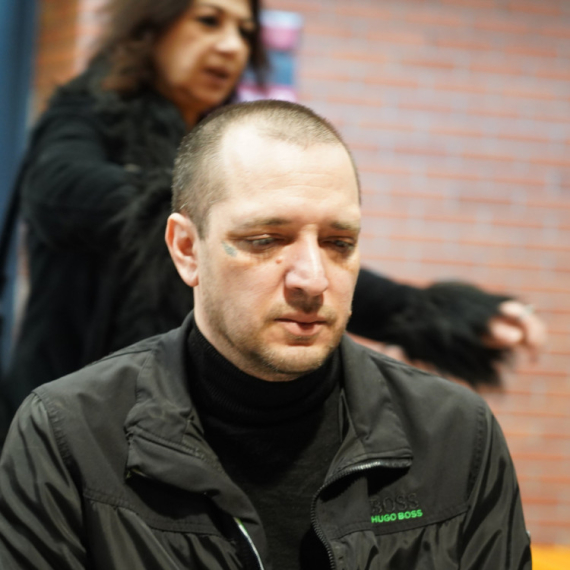






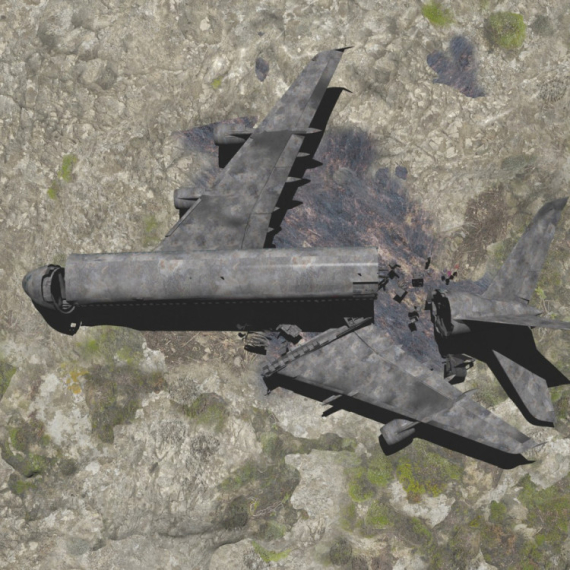







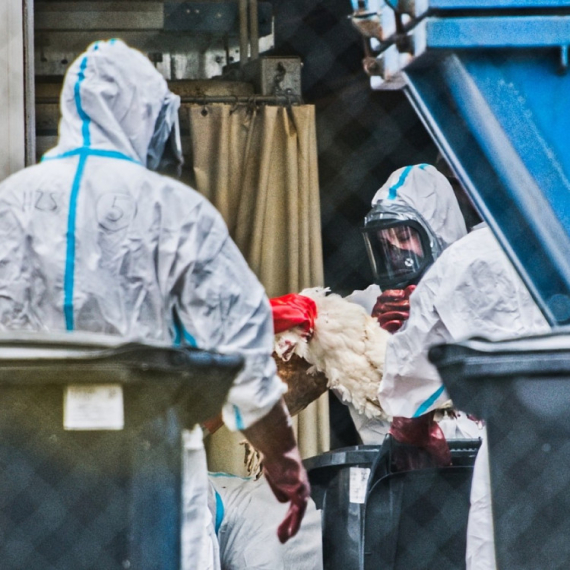















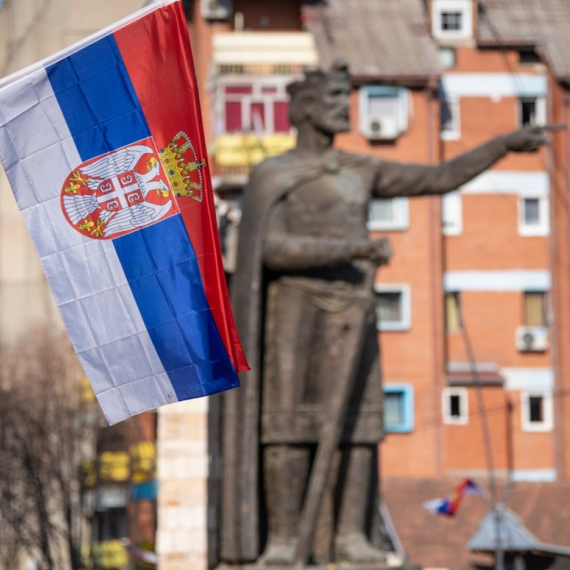


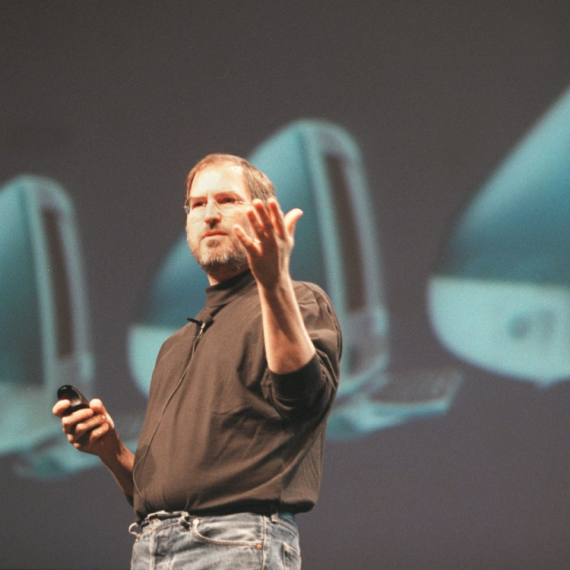












Komentari 0